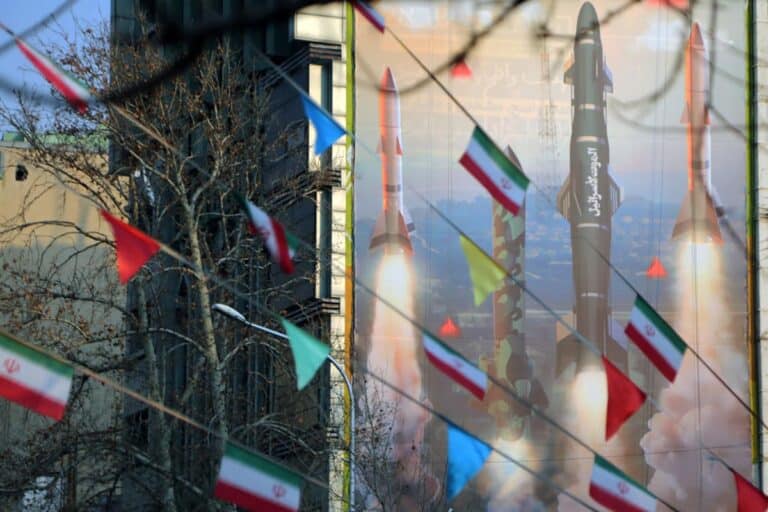
For over two weeks, Iran and Hezbollah have been threatening to launch a major attack against Israel, but so far, there’s been no sign of when, or even if, the attack will be carried out.
What’s happening, and why are Iran and its proxies waiting so long to launch their offensive?
Let’s unpack it.
How it started
In response to a deadly rocket attack carried out by Hezbollah in Majdal Shams in northern Israel, the IDF assassinated Fuad Shukr, Hezbollah’s top military commander, in a strike on Beirut late last month.
Less than a day later, Hamas leader Ismail Haniyeh was assassinated while visiting Tehran, the capital of Iran. While it remains unclear exactly how Haniyeh was killed, many reports indicate that he was targeted by an explosive device planted in the room he was staying in months before he even arrived.
In response to the two assassinations, Iran and Hezbollah both began threatening severe responses against Israel.
Iranian Supreme Leader Ali Khamenei warned shortly after the assassinations that Iran had a “duty” to respond, adding that there would be a “harsh punishment” for Israel.
Hezbollah Secretary-General Hassan Nasrallah insisted that his movement would respond to the assassination in Beirut, saying last week that the response could include other parts of the axis of terrorist groups sponsored by Iran located throughout the Middle East.
However, for two weeks, those threats have been hanging in the air without action, but that doesn’t necessarily mean that Iran and Hezbollah have given up on a significant attack.
This isn’t the first time Iran has kept everyone waiting
For one, it’s important to note that when Iran directly targeted Israel with an attack for the first time in April, the Islamic Republic also waited about two weeks before acting.
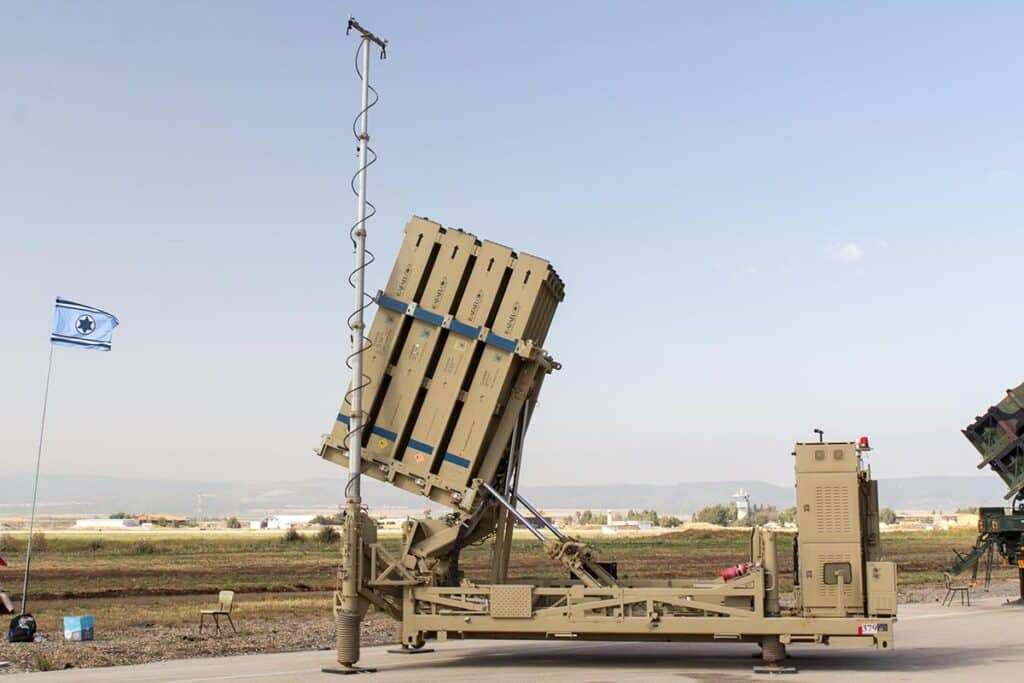
After an Iranian commander in charge of terrorist operations in Syria and Lebanon was eliminated in an airstrike blamed on Israel in Damascus on April 1, Iran’s response — a barrage of hundreds of drones and missiles — only came the night between April 13 and 14. So the current wait is more or less the same as the wait for the last Iranian attack.
Beyond that, though, the situation today is different than before. While Iran was responding to an attack on a commander outside of Iranian territory in April, this time, it’s responding to an assassination of an ally in the heart of the capital city. Haniyeh’s assassination was a major embarrassment for Iran, and it likely is feeling pressure to respond strongly to restore some semblance of deterrence. A larger attack could take longer to get ready and to carry out.
Mind games
Iran and Hezbollah are also big fans of psychological warfare. In every conflict they’re involved in directly or by proxy, they have teams of content creators and social media channels pumping out threats and propaganda.
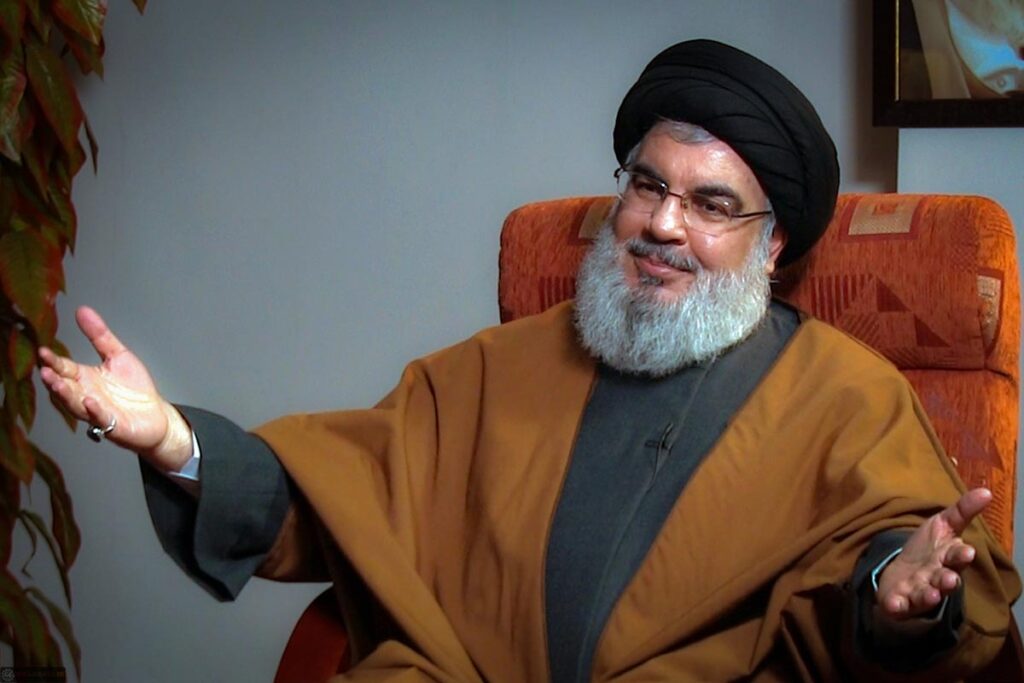
Hezbollah’s leader said outright last week that the wait was “part of the punishment.” He also made vague comments about how the attack could be carried out, saying it might include all the Iranian proxies attack at once — or not.
Making vague threats in an attempt to keep people on their toes is a common tactic Nasrallah has used repeatedly during his time as the head of Hezbollah. He boasts about it often in his speeches, which he delivers periodically over video from his bunker.
The rush to get a ceasefire
While Iran and Hezbollah want to attack Israel, there’s another member of their regional axis they still have to think about: Hamas.
The United States, Egypt, and Qatar have called for an urgent meeting in Qatar to be held Thursday to give a “final chance” for a ceasefire agreement between Israel and Hamas. Israel has confirmed it will be sending a delegation to the talks. Hamas has refused to take part.
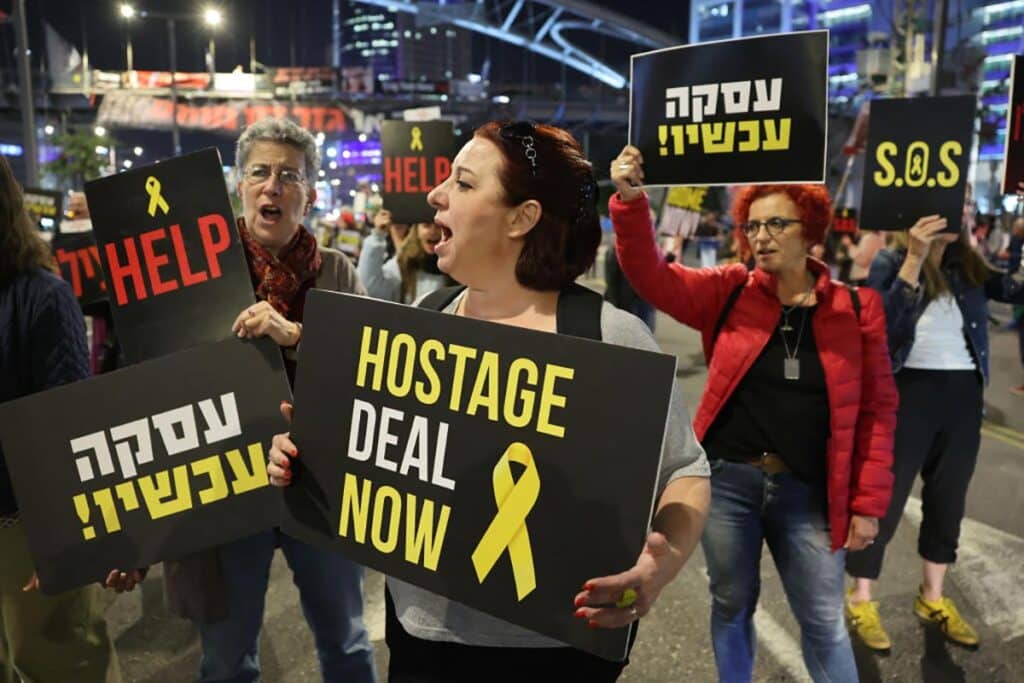
While Hamas is publicly showing disinterest in the talks, Iran may be considering using its threats to try and force Israel into accepting the deal on the table. Reportedly, the Islamic Republic told world leaders that it would at least delay an attack on Israel if a ceasefire is reached.
If a deal is accepted at the summit in Qatar and Iran is seen as responsible for pushing Israel to accept an agreement, it could greatly improve its standing in the Middle East. Iran would be able to cast itself as the protector of the Palestinians and would be able to gain clout over other countries that failed to secure a ceasefire. For the Iranians, it may even be worth dropping a response.
In opposition to those reports, though, Israel and U.S. intelligence reportedly still believe Iran intends to attack soon, regardless of whether a ceasefire is reached or not. Iranian officials have indicated the same in public statements.
The costs of war
Beyond psychological warfare or a ceasefire, Iran may honestly just be hesitating.
If the Iranian attack harms Israeli civilians, and possibly even if it only hits military sites, Israeli officials have said they intend to respond. That means an Iranian attack could spark a series of back-and-forth attacks that could easily spiral out of control, possibly even spreading the war across the entire Middle East.
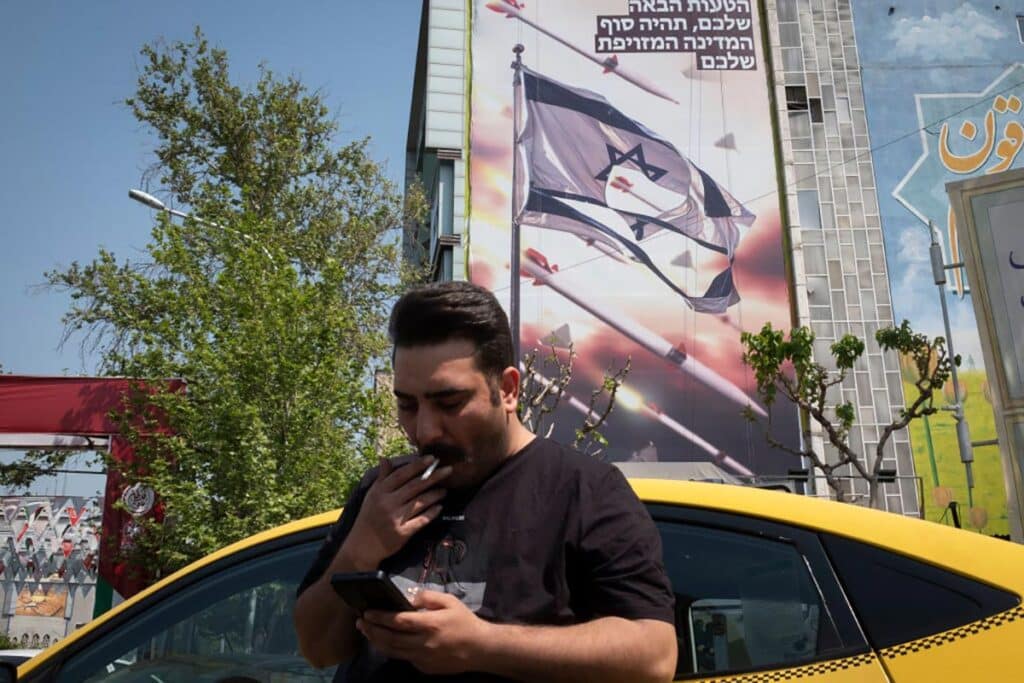
Even if the attack doesn’t cause a regional war, it could spark a larger conflict between Israel and Hezbollah; even though Hezbollah can cause a lot of damage in Israel, it will likely come out of any war largely decimated.
Hezbollah is Iran’s most powerful proxy, with a massive arsenal of fairly advanced weapons and tens of thousands of members. Iran often uses the terrorist organization as a form of deterrence against Israel and other countries. Losing that ally would be a major blow for Iran.
On the other hand, Iran likely can’t afford to not respond in some way. its image was deeply hurt by the assassination of Haniyeh, especially since it seems that Iranians, including possible members of Iran’s security forces, may have had a hand in carrying it out. If it doesn’t respond, it could be seen as an invitation for Israel or other countries to act more strongly against Iran. It’s a lose-lose situation.
Hezbollah’s delay is also likely tied to Iran’s hesitation. Most reports have indicated that the two parties want to coordinate their response, likely with the Lebanese group, which is located much closer to Israel, attacking first to try and overwhelm Israeli air defenses, followed then by missiles from Iran. That means Hezbollah will likely wait to strike until Iran is ready.
In the meantime, the Middle East and the world are being left hanging. Likely no one except the highest-ranking officials in Iran and Hezbollah knows when the attack will be, and both groups may not have even made a final decision to launch a strike yet. As is so often the case in this region, for now, there’s nothing to do but wait and see.


